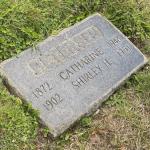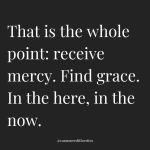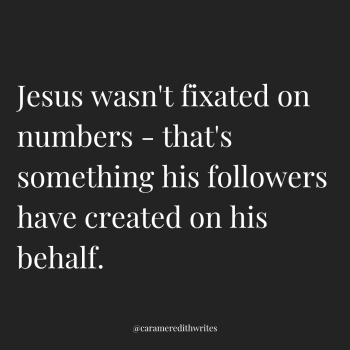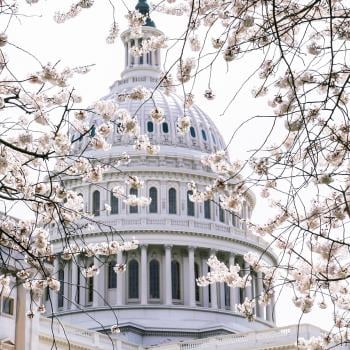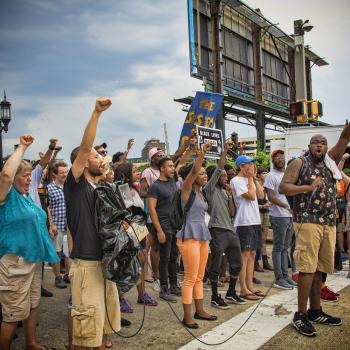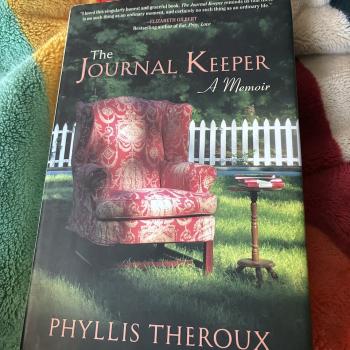This Sunday, if you didn’t know, is National Back to Church Sunday.
Popularized by an organization of the same name out of Colorado Springs, they have “set aside the third Sunday in September as the day to encourage everyone to attend a Bible-based church in their area and for church leaders to create a welcoming, inviting environment for their visitors” since 2009.
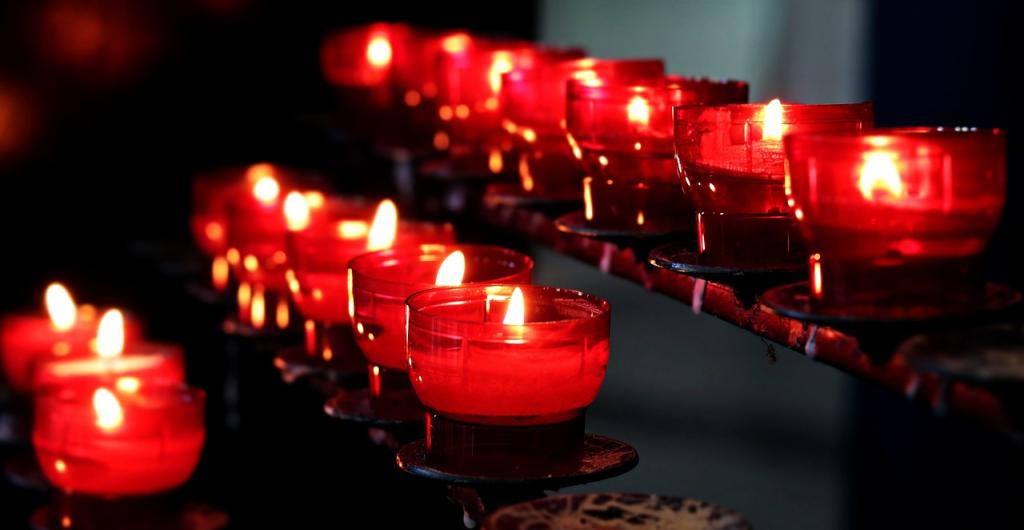
Now I, as you may well know, identify as Episcopalian, and while Episcopal churches have their own “homecoming” Sundays of sorts, we are not generally recognized as Bible-based churches. Even if the Bible, along with the Book of Common Prayer, is an essential part of our worship, I doubt whether the aforementioned organization will be ushering folks toward Episcopal churches this coming Sunday.
But in rare form, I will be at one of these churches this coming Sunday.
I’ll be donning a Tina Turner headset and standing on stage, preaching my little heart out.
And in the meantime, I’ll be brought back to a world that is such an innate, intrinsic part of my story, but also one I’m no longer a part of.
Here we have the crux of the matter: to go back to church means to make a return. It means to return to that place or person of origin, and sometimes to a place or person that seems so far away from who we are today.
When a church in San Francisco asked me to preach this weekend, I figured they’d want me to preach on one of the usual suspects: perhaps a conversation of justice and privilege, as it relates to the Christian faith. Perhaps I’d just jump into a sermon series, or maybe I’d simply preach from this week’s lectionary.
But no, when the lead pastor and I talked, he asked me to talk about my own journey of spiritual deconstruction and reconstruction.
What does it mean to still embrace the Church, even if you’ve gone through a season of intense doubt? What does it mean to still find belonging in the body of Christ, even if these are the people that kicked you to the curb? What does it mean to return to the place that’s also caused us the most hurt, which for some of us means going going back to church?
This is the very intersection I find myself at today, as I continue to write my way through the sermon, as I look up how long it’ll take to get to the Marina on Sunday morning, as I think about stepping back into a place of PowerPoint slides and three-point takeaways.
It’s so different from the world I find myself in now.
And, it’s so familiar. It’s so home. It’s so me.
I think this is the tension so many of us embrace, when and as we wrestle with our former selves, with systems of belief, and with finding new places of spiritual belonging.
I think about my conversation with writer and therapist KJ Ramsey, author of the recent release, The Lord is My Courage.
For KJ, an experience of spiritual abuse led to the deconstruction of her faith – but it also led to her eventually returning to new versions of the practice of faith and to new understandings of God.
She wrote the following on Twitter:
“There is a body count of burned-out, confused, and traumatized people behind the stages of American churches. We deconstruct because you damaged us. We dismantle the broken beams of our faith so that we can be rebuilt in a trust in Christ that doesn’t rely on our domination.”
For so many of us, we lay mangled and bruised behind the white, Evangelical church, ours a tale of hurt, anger, and confusion.
Personally, I didn’t know what to do with that side of my story for a long time. Should I fight against it? Should I leave it all behind? Should I find a new place that accepts me for who I am and for all of the questions I bring to the table?
I suppose you could say that God eventually had God’s way in my life, bringing me back to faith through a most unlikely source: a Google search engine at the Seattle Public Library.
It was just another weekday: the boys were with the sitter, and I had a couple hours to myself to write. I had just finished penning an article, that much I remember, when I felt a prompting, a niggling, a nudging.
Find an Episcopal church in your neighborhood.
And so I did. I discovered that there was a church less than a mile away from our house, and that said church had a midweek service happening in less than half an hour’s time.
Go to the midweek service.
And so I did. St. Andrew’s Episcopal in Seattle, Washington because our home for the short time we lived there; its people became my people, its God my God.
More than half a decade later, I think of that story, of those people, of that place.
But I also think of the place that was my home for decades before then, the place I return to this weekend.
God will be there, for God is everywhere.
God will be in that place, for God is in white evangelical spaces that welcome folks back to church on National Back to Church Sunday, just as God is in spaces that aren’t included in that website’s fold and don’t usher forth programatic invitations to return.
God is there, in all of it and over all of it, even if myriad theologies of the Holy One differ from one another.
Wish me luck as I return this weekend?
—
*Post contains Amazon Affiliate links.


